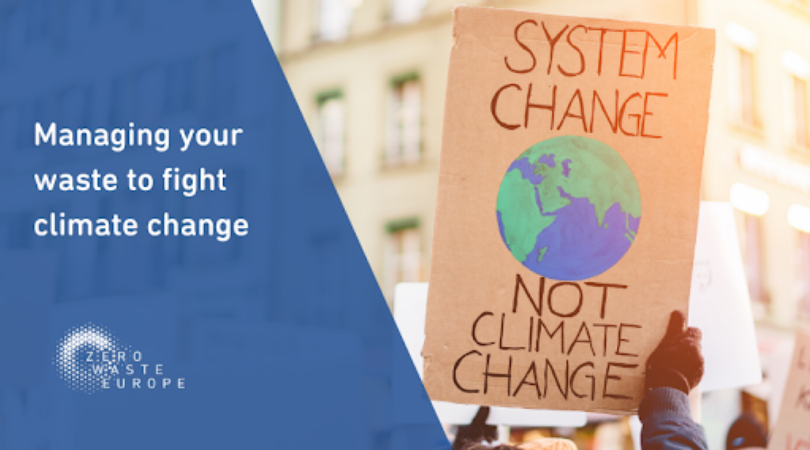Climate change and waste management are pressing global issues that demand urgent attention and innovative solutions. The zero waste philosophy offers a powerful tool for addressing both challenges and promoting a sustainable future. Climate change is caused by human activities, particularly the emission of greenhouse gases (GHGs) into the atmosphere. The zero waste philosophy aims to minimize waste generation and maximize resource recovery. By adopting a zero waste approach, we can reduce waste-related emissions, conserve resources, and save energy.
Waste management is responsible for significant greenhouse gas emissions. Landfills, for instance, release methane, a potent GHG. By practicing waste reduction, recycling, and composting, we can minimize waste sent to landfills, resulting in lower carbon footprints. The zero waste philosophy promotes resource conservation by extending product lifecycles, embracing reuse and repair, and practicing responsible consumption. This approach reduces the need for resource extraction, manufacturing, and transportation, which are energy-intensive processes contributing to climate change. By reducing waste and implementing recycling programs, we can save energy by avoiding or minimizing energy-intensive extraction and manufacturing processes. This leads to decreased reliance on fossil fuels and lower carbon emissions.
The zero waste philosophy aligns with the concept of a circular economy, where resources are kept in use for as long as possible. This shift away from a linear model reduces waste generation, minimizes the use of virgin resources, and helps mitigate greenhouse gas emissions. Zero waste practices also foster community engagement and empowerment. Initiatives like community composting, repair cafés, and shared resources strengthen social cohesion and resilience. This collective action can extend to climate change mitigation efforts, facilitating the transition to renewable energy and sustainable practices.
Recognizing the interconnection between climate change and waste management is crucial. Governments, businesses, and individuals must embrace comprehensive strategies that prioritize waste prevention, recycling, and the transition to a circular economy. By adopting a zero waste approach, we can create a more resilient and sustainable future for generations to come.

